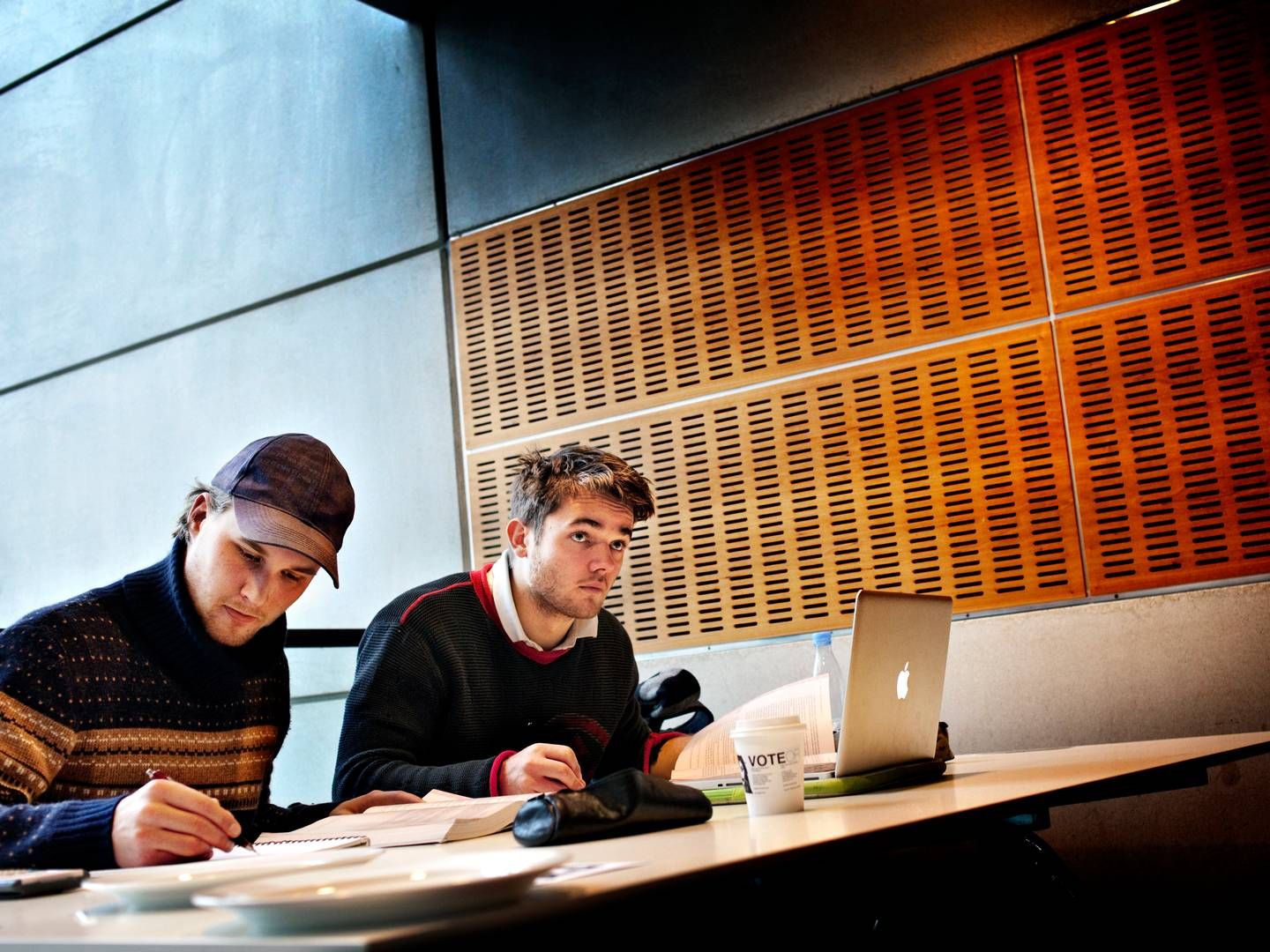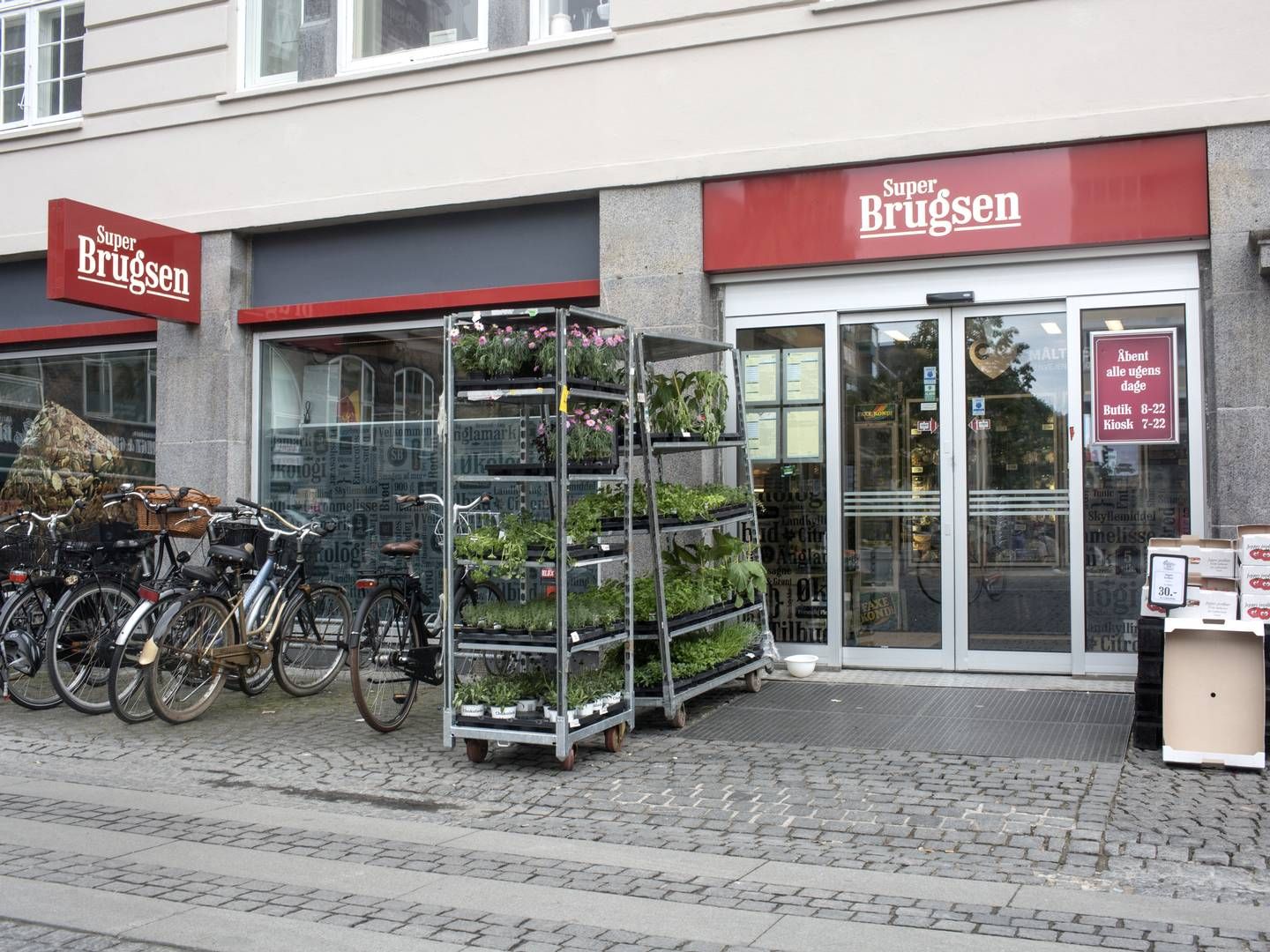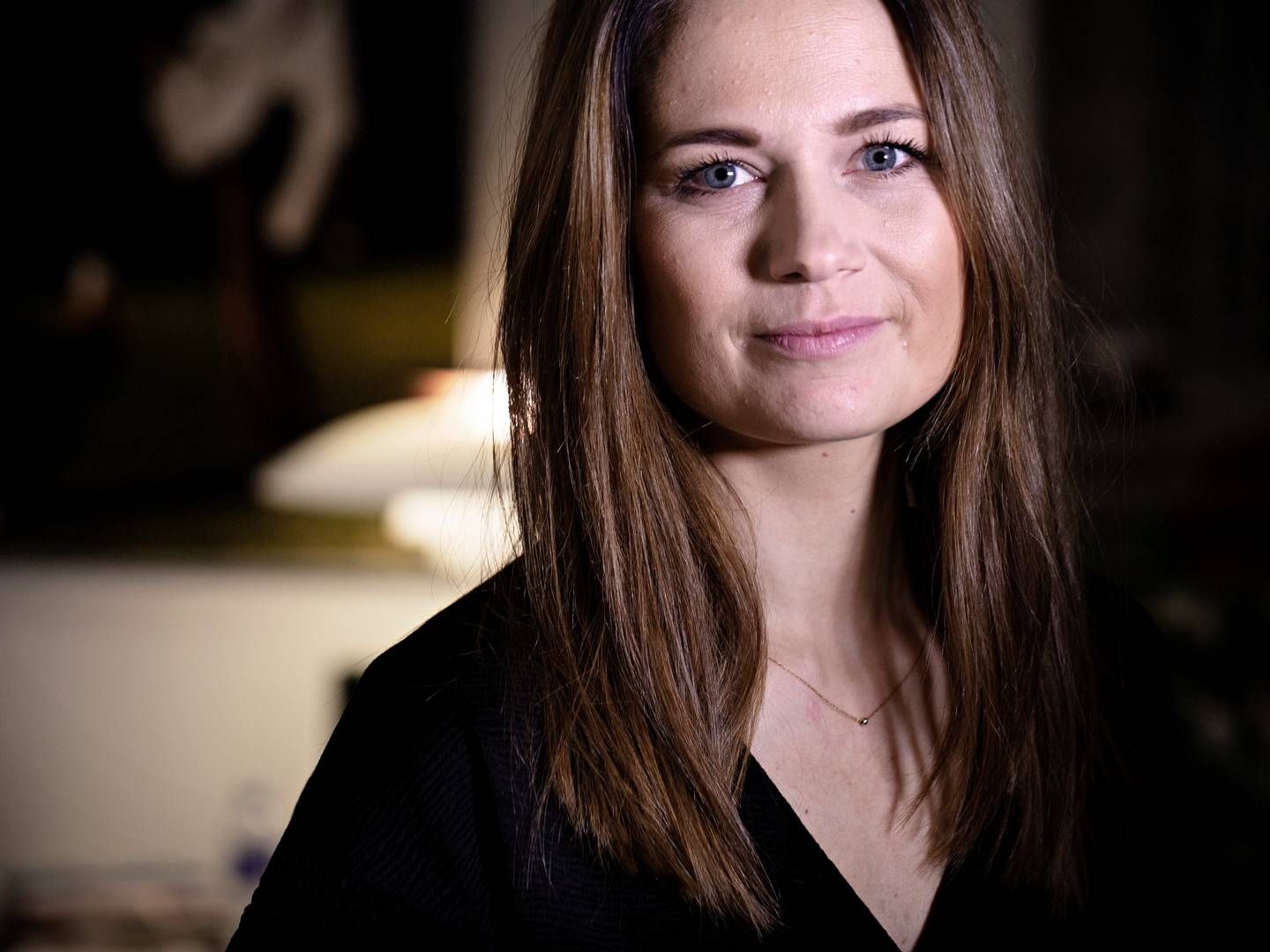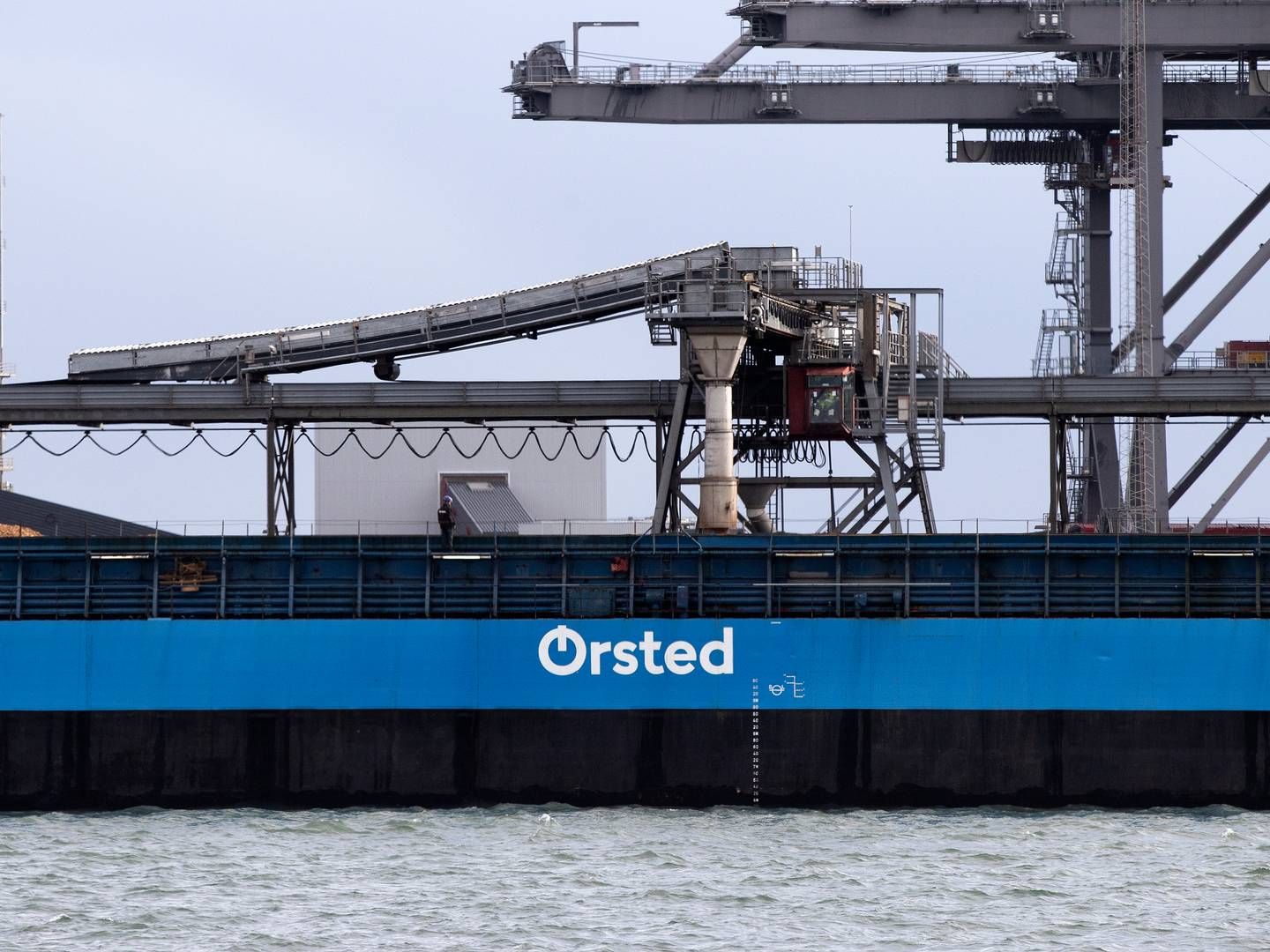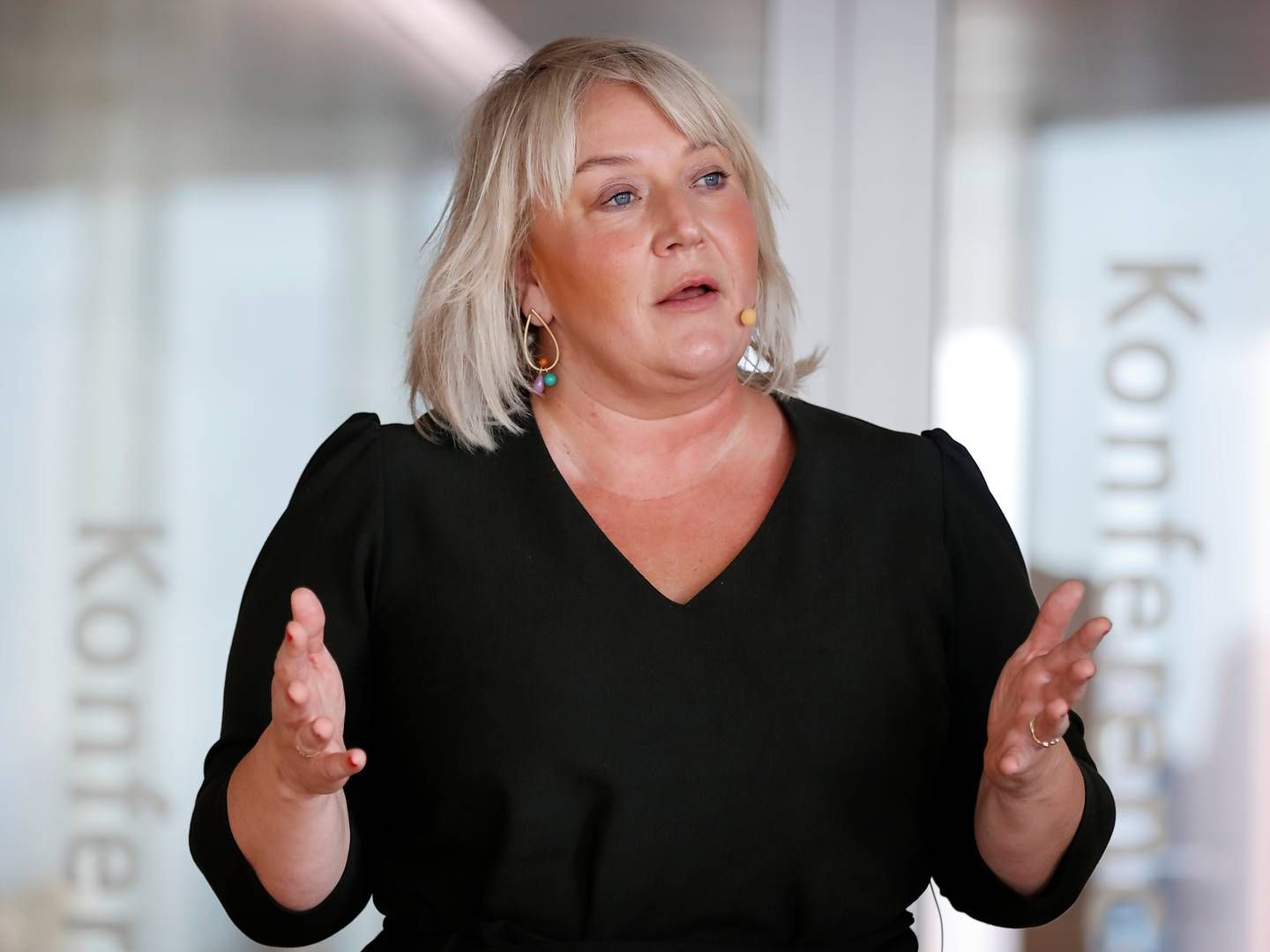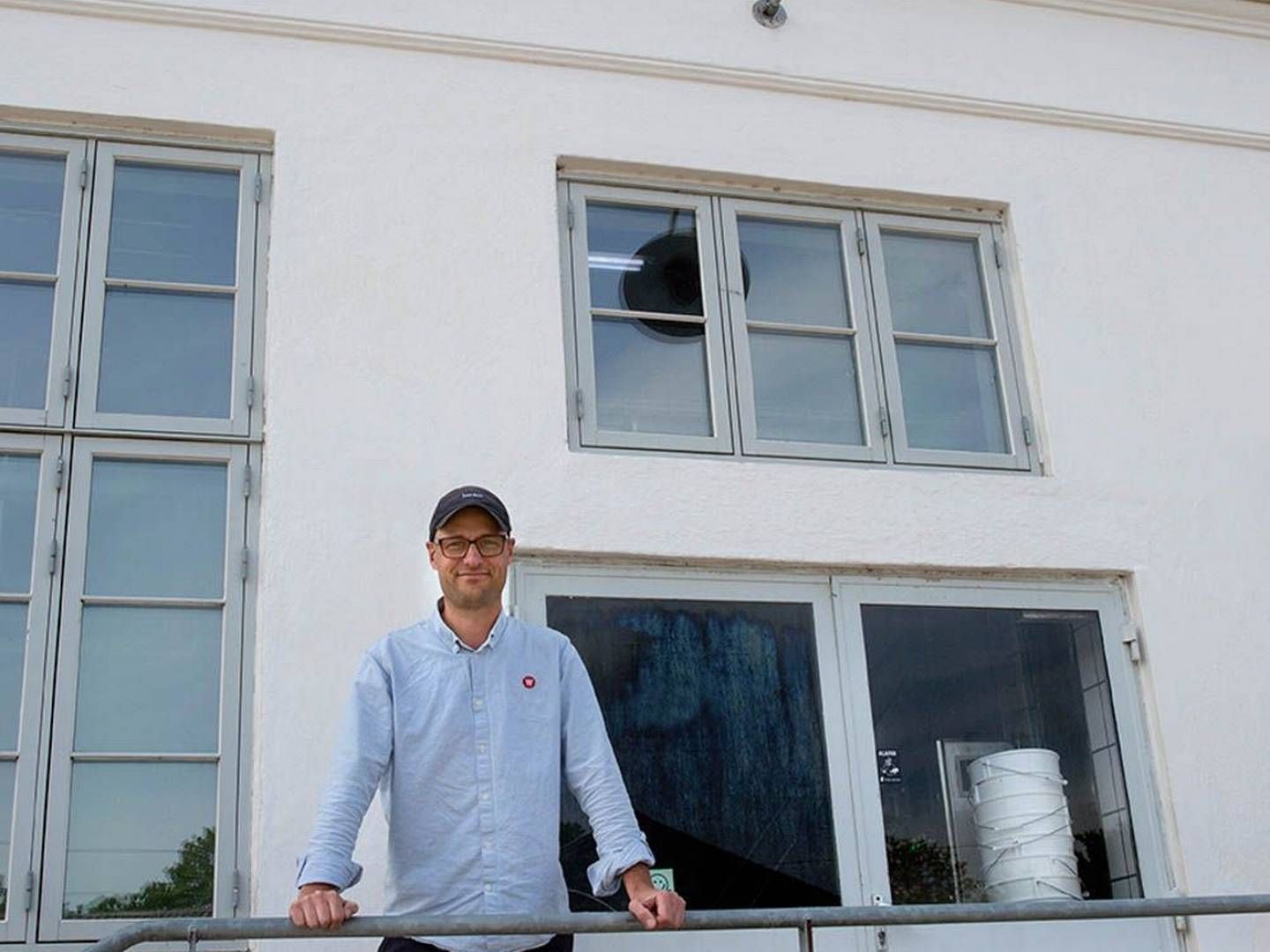Entusiasternes revolution
From astronomy to activism, from surfing to saving lives, Pro-Ams - people pursuing amateur activities to professional standards - are an increasingly important part of our society and economy.
For Pro-Ams, leisure is not passive consumerism but active and participatory, it involves the deployment of publicly accredited knowledge and skills, often built up over a long career, which has involved sacrifices and frustrations.
The 20th century witnessed the rise of professionals in medicine, science, education, and politics. In one field after another, amateurs and their ramshackle organisations were driven out by people who knew what they were doing and had certificates to prove it.
The Pro-Am Revolution argues this historic shift is reversing. We're witnessing the flowering of Pro-Am, bottom-up self-organisation and the crude, all or nothing, categories of professional or amateur will need to be rethought.
Based on in-depth interviews with a diverse range of Pro-Ams and containing new data about the extent of Pro-Am activity in the UK, this report proposes new policies to support and encourage valuable Pro-Am activity.
As people live longer with active retirement years, or downshift mid-career to improve their quality of life, the authors predict that ‘serious leisure’ will become a growing part of our lives.
“Pro-Ams are a new social hybrid who force us to rethink they way we think about work and leisure time,” say the report’s authors, Charles Leadbeater and Paul Miller.
“Their activities blur the traditional definitions of professional and amateur. In recent years a variety of rather derogatory names have been used to describe real enthusiasts, including nerds, geeks and anoraks. We think a better term to cover all these kind of activities is Pro-Ams.”
The Pro-Am survey of 2189 adults conducted by MORI in June 2004 revealed a nation of committed enthusiasts. When presented with 20 popular categories of hobby or pastime, well over half of regular participants in most categories said they had ‘good skills’, and that rose beyond 75% for some activities.
Pro-Ams are more likely to be men than women; they tend to be well-educated people with annual household incomes over £30k. Pro-Ams are evenly split between part-time and full-time workers, but people who don’t work are far less likely to be Pro-Ams.
The report uses a working definition of Pro-Ams as people engaged in a regular activity, at which they say they have good skills. The survey suggests that as a percentage of the total adult population in Britain:
18% are Pro-Am gardeners
6% are Pro-Am photographers
2% are Pro-Am alternative therapists
Traditionally committed amateurs have made a significant contribution to society, from lifeboat men to army reservists to the Samaritans. However Pro-Ams are now making an impact in less traditional disciplines.
For instance, Pro-Am astronomers have made significant contributions to our knowledge of the universe. And Pro-Am software programmers who are part of the ‘open source’ movement are providing the only real challenge to Microsoft’s dominance of the personal computing market.
The authors conclude that government should invest in people’s hobbies as a way to build communities. The report makes a series of policy recommendations aimed at encouraging Pro-Am’s contribution to their communities and helping children develop Pro-Am activities at school. Recommendations include:
Companies should introduce Pro-Am days for employees to engage in activities and volunteering, with a designated national volunteering day;
Organisations that have been given responsibility for promoting learning and training within public services like the Teacher Training Agency and Centrex should enable Pro-Ams to support the work of professionals.
Read the report: www.demos.co.uk/catalogue/proameconomy/





